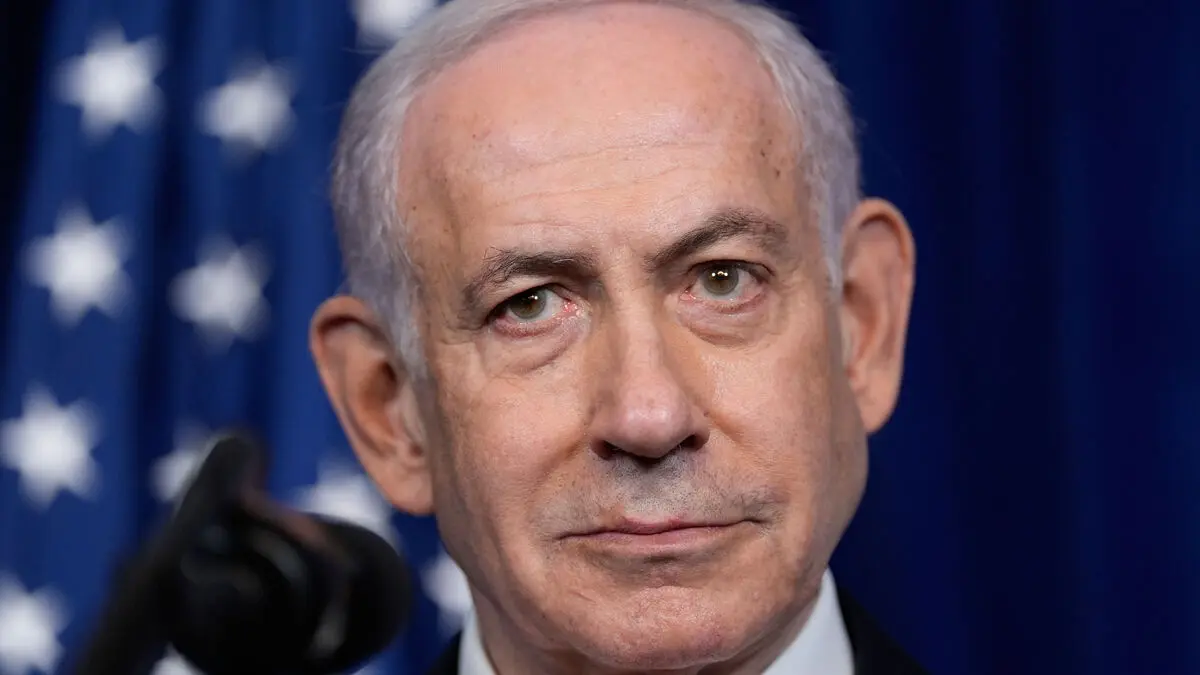Defense Chief Eyal Zamir took office only a few weeks ago, but has already proposed to "reoccupy" the Palestinian area, writes The Financial Times.
According to the proposal, Israel would use massive military resources to "reinvade" Gaza and force the two million inhabitants into a humanitarian zone in the al-Mawasi area. This covers less than a fifth of the Gaza Strip – or roughly equivalent to the Täby municipality.
Anders Ekholm, lieutenant colonel and doctoral student at the Defense University with a focus on Israel's military, believes that the plans reflect Zamir's different career. He is an armored officer and thus has a completely different military background than his predecessor Herzi Halevi.
That in itself means we will see, and we are already seeing, a different way of waging war and operations, says Ekholm.
Can be a signal
Halevi came from special forces, i.e., smaller units accustomed to quick operations, "rapid deployments" as they are militarily called. Zamir is likely to reflect the large-scale nature of armored forces.
They are very aggressive, both of these commanders, but they are aggressive in different ways, says Ekholm.
The plan has not yet been taken up at the political level in Israel, but can become very controversial. Ekholm wonders if it is realistic or if it is a negotiating signal.
It will take incredibly many resources. And the question is whether one is interested in it, or if it is just another ploy.
Two reasons
But he can simultaneously see the perspective of the Israeli military hawks. Palestinian Hamas has already demonstrated an extremely intense warfare. And they are extreme Islamists.
If martyrdom is the finest thing one can achieve – such an actor cannot be deterred by deadly force, says Ekholm.
But territory can, on the other hand, function as a means of pressure, something even Defense Minister Israel Katz was onto the other day.
Reason number two for the military, as Ekholm sees it, is to appease the extreme right in Israel's government.
They cheer when they hear such things, they want to reestablish settlements larger than those that existed until 2005.
"The last thing you want to get into"
However, Anders Ekholm himself is skeptical of a larger invasion and especially occupation or annexation, as Israel would have to handle the supply of the entire Gaza population. And that for military reasons, regardless of the humanitarian and human aspects.
I think that, no, that's the absolute last thing you want to get into at all.
Then you'll undoubtedly get stuck in a counter-insurgency, it will never end, it will be extremely bloody, he warns.
Located at the southeastern corner of the Mediterranean. Apart from the sea, the area borders Egypt to the southwest and is otherwise surrounded by Israel.
The area was part of the Ottoman Empire for several hundred years, later under British control (1918–48), and after that in practice under Egyptian control.
Israel took possession of Gaza in connection with the Six-Day War in 1967, and began building settlements there a few years later.
According to the Oslo Agreement from 1993, Israel should allow some self-governance in Gaza, and in 2005, Israel's Prime Minister Ariel Sharon forced all settlers to leave the area.
After Palestinian elections and an internal power struggle in 2006–2007, the hardline Islamist Hamas took over the government, while Israel and Egypt maintained an increasingly harsh blockade.
Several wars have raged over the years. The current one, which began after Hamas' extensive terrorist attack on Israel on October 7, 2023, is the bloodiest so far and has largely laid the Gaza Strip in ruins.






